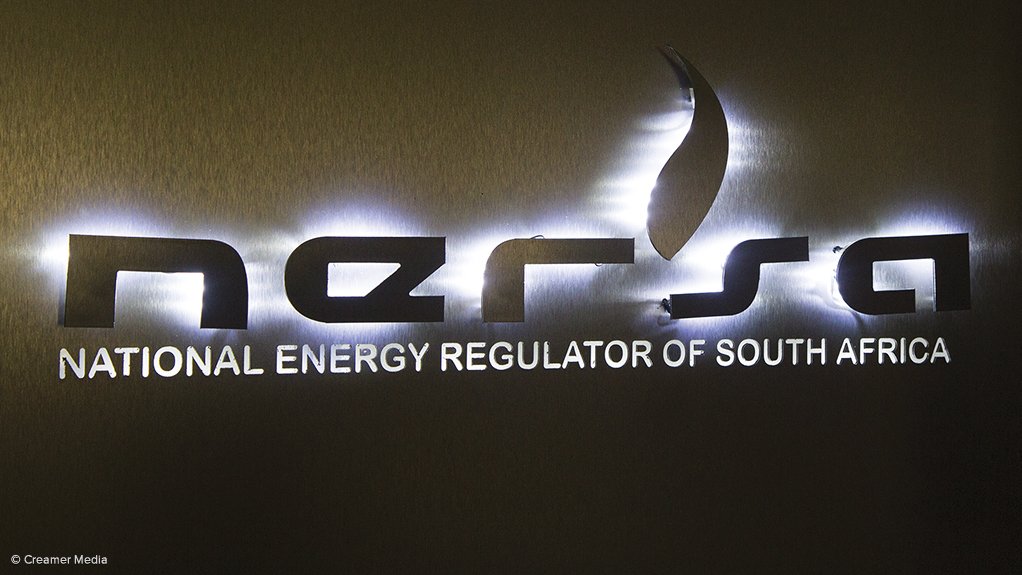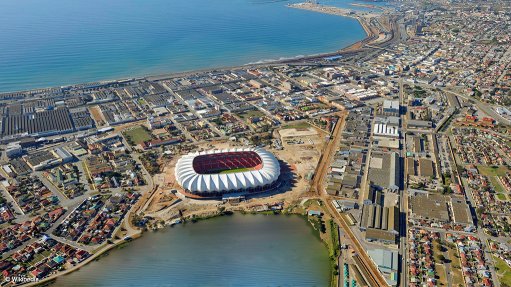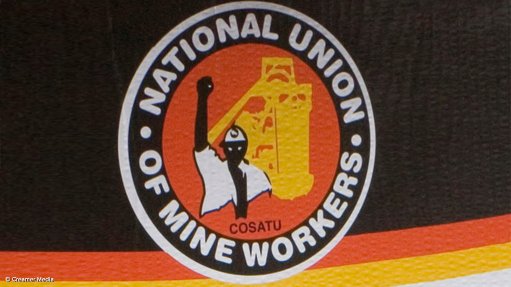Nersa approves 18.65% Eskom hike as it holds back on big diesel request
The National Energy Regulator of South Africa (Nersa) has granted Eskom an 18.65% tariff increase for implementation on April 1, below the 32% hike that was being sought by the loss-making utility but well above the inflation-linked levels that most stakeholders had argued should be implemented during public hearings in September.
Nersa also approved a 12.74% increase for Eskom’s 2024/25 financial year, against a request for 9.74%.
The increases are inclusive of the revenue that the courts found to be due to Eskom, including the phased recovery of a R69-billion equity injection that the courts found to have been unlawfully removed from Eskom's previous allowable revenue. It also includes the partial liquidation of some revenue approved by the regulator following Regulatory Clearing Account applications by the utility.
The decision covers the second and third years of the fifth multiyear price determination (MYPD5), with Nersa having earlier granted Eskom a 9.61% hike for 2022/23, the first year of the three-year MYPD5.
Notably, the regulator rejected Eskom’s request for R16.9-billion to cover anticipated diesel costs during 2023/24 and R17.7-billion for 2024/25. This, despite intensifying loadshedding and indications by the utility that it would need to operate its open-cycle gas turbines (OCGTs) at a load factor of 12% to offset the decline in the energy availability factor (EAF) of its coal fleet.
Instead, Nersa granted Eskom R8.4-billion for diesel this year, based on an assumed load factor of 6% and a unit price of R6.64/kWh.
Full-time regulator member for electricity regulation Nhlanhla Gumede said the decision was based on the regulator’s view that inefficiencies should not be incentivised, despite Eskom arguing that a higher diesel allocation could help reduce the intensity of loadshedding in the short term.
Gumede argued that Eskom should, instead, be focused primarily on recovering its EAF to levels “north of 65%” in the coming year, while targeting 72% in 2024/25.
Eskom’s original MYPD5 application, submitted in June 2021, assumed an EAF of 72%, but the figure was revised down to only 59% in an addendum submitted in September last year.
By the end of 2022, the EAF had fallen precipitously to well below 60%, with the coal-fleet-only EAF falling below 50% at times.
The diesel decision could see the power company again approaching the National Treasury for funding, but the department has already expressed its reluctance to release scarce fiscal resources for the purchase of the fuel.
In November, Eskom announced that it had exhausted its diesel budget, having operated its Ankerlig and Gourikwa OCGT plants at a load factor of 17.5% between April and November, which led it to spend R12-billion against a budget for the year of R6.1-billion.
In addition, the private OCGT plants had been operating at a load factor of 11% at a cost of nearly R6-billion for the first nine months of Eskom’s financial year.
It subsequently received some relief in the form of 50-million litres from fellow State-owned enterprise PetroSA. However, it said a more permanent funding solution was required to cover the period from November to the end of its financial year on March 31.
Daily system reports indicate that it is still deploying the OCGT plants, raising the spectre of the need for more taxpayer support to cover the costs.
Without a significant recovery in the coal EAF (assumed to be unlikely in the short term), as well as additional funding for diesel, loadshedding is likely to remain at high levels during 2023.
There has already been daily loadshedding in January, following on from the country’s worst-ever year for power cuts in 2022, when Eskom implemented loadshedding for more than 200 days and failed to deliver an estimated 11 797 GWh of energy.
The Nersa approval also indicates that Eskom is unlikely to receive much supply-side relief from independent power producers (IPPs) that have participated in official government programmes where Eskom is the single buyer.
In fact, Nersa has lowered allowable revenue for IPPs by R10-billion for 2023/24 and a further R8.6-billion in 2024/25, owing to the fact that government-procured projects have not materialised as anticipated.
It did set aside a fresh allocation, however, for short-term power purchases, possibly arising from existing renewables plants, as well as companies or neighbouring countries with surplus generation capacity.
Overall, Nersa approved a total revenue of R300-billion for the 2023/24 financial year, which translates to a tariff of 173.80c/kWh, up from 146.48c/kWh.
Revenue of R334-billion has been approved for the 2024/25 financial year, which translates to a tariff of 195.95c/kWh.
Eskom, which recorded a net loss of R12.3-billion for its 2021/22 financial year, is forecasting that its loss will increase to above R20-billion for the current financial year.
Eskom said it would respond to the decision on Friday January 13.
Article Enquiry
Email Article
Save Article
Feedback
To advertise email advertising@creamermedia.co.za or click here
Announcements
What's On
Subscribe to improve your user experience...
Option 1 (equivalent of R125 a month):
Receive a weekly copy of Creamer Media's Engineering News & Mining Weekly magazine
(print copy for those in South Africa and e-magazine for those outside of South Africa)
Receive daily email newsletters
Access to full search results
Access archive of magazine back copies
Access to Projects in Progress
Access to ONE Research Report of your choice in PDF format
Option 2 (equivalent of R375 a month):
All benefits from Option 1
PLUS
Access to Creamer Media's Research Channel Africa for ALL Research Reports, in PDF format, on various industrial and mining sectors
including Electricity; Water; Energy Transition; Hydrogen; Roads, Rail and Ports; Coal; Gold; Platinum; Battery Metals; etc.
Already a subscriber?
Forgotten your password?
Receive weekly copy of Creamer Media's Engineering News & Mining Weekly magazine (print copy for those in South Africa and e-magazine for those outside of South Africa)
➕
Recieve daily email newsletters
➕
Access to full search results
➕
Access archive of magazine back copies
➕
Access to Projects in Progress
➕
Access to ONE Research Report of your choice in PDF format
RESEARCH CHANNEL AFRICA
R4500 (equivalent of R375 a month)
SUBSCRIBEAll benefits from Option 1
➕
Access to Creamer Media's Research Channel Africa for ALL Research Reports on various industrial and mining sectors, in PDF format, including on:
Electricity
➕
Water
➕
Energy Transition
➕
Hydrogen
➕
Roads, Rail and Ports
➕
Coal
➕
Gold
➕
Platinum
➕
Battery Metals
➕
etc.
Receive all benefits from Option 1 or Option 2 delivered to numerous people at your company
➕
Multiple User names and Passwords for simultaneous log-ins
➕
Intranet integration access to all in your organisation





















